|
LISTEN TO THIS THE AFRICANA VOICE ARTICLE NOW
Getting your Trinity Audio player ready...
|
In the lead-up to Kenya’s deployment of police to combat gang violence in Haiti, President William Ruto has consulted not only security officials and politicians, but also a group of evangelical pastors close to him and his wife, Rachel.
These pastors have reportedly advised the President, connected him with Haitian communities, and even held discussions with a notorious Haitian gang leader, Jimmy “Barbecue” Cherizier.
The pastors’ involvement has raised eyebrows. Some see it as a potential path to a more successful intervention compared to past UN missions. Others criticize outreach to gang leaders and the pastors’ focus on “spiritual solutions” for Haiti’s complex problems, including their view of Vodou, a traditional Haitian religion.
President Ruto and his wife are known for their public faith and have previously involved evangelicals in government initiatives. Rachel Ruto reportedly described the pastors’ work as a “spiritual solution” for Haiti.
The pastors met with Haitian communities in the US, evangelical leaders, and even gang leader Barbecue via Zoom. They believe their connections will help the Kenyan-led force avoid past mistakes. However, critics, including Haitian human rights advocate Pierre Espérance, argue outreach to gang leaders is an insult to victims.
Evangelicals have a long-standing interest in Haiti due to poverty and traditional religions. Some see these beliefs as demonic. American businessman Pete Inman, close to the Rutos, suggests the mission strengthens ties with the US, its main backer.
The pastors drafted a white paper on law enforcement, humanitarian aid, leadership, and a “spiritual component” which Rachel Ruto presented to the President. They also met with Haitian diaspora members and US officials.
Despite the mission’s practical aspects, pastors like Serge Musasilwa believe Haiti’s issues are primarily spiritual. They launched a global prayer campaign and a prayer guide targeting Vodou. Critics, like Professor Kyrah Malika Daniels, argue Vodou is misunderstood and practiced alongside other faiths.
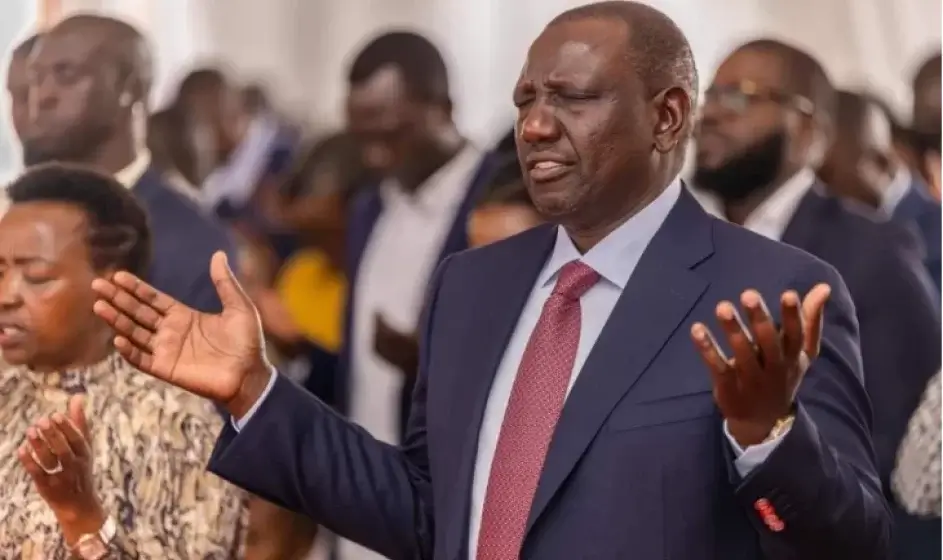



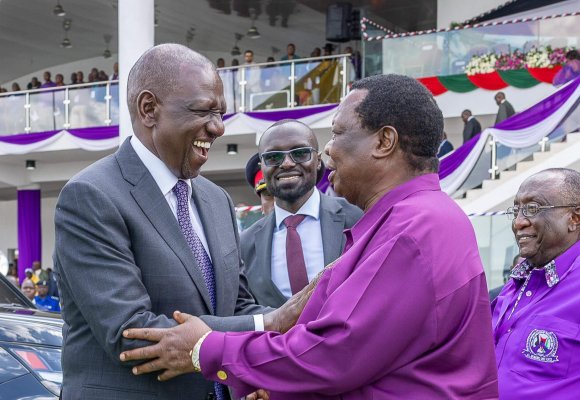
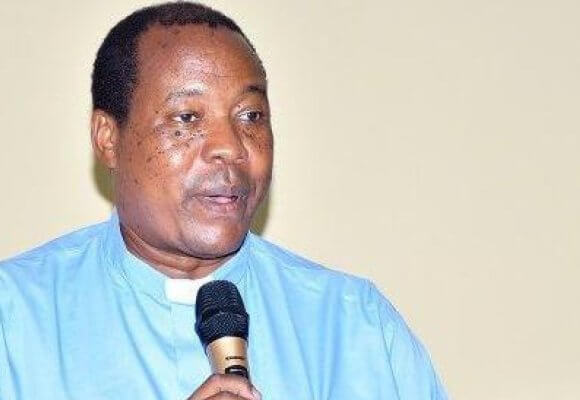
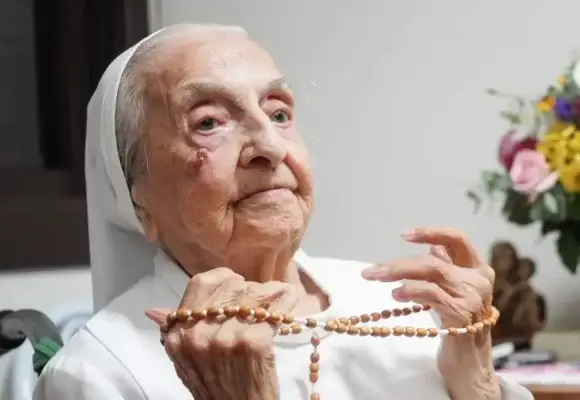



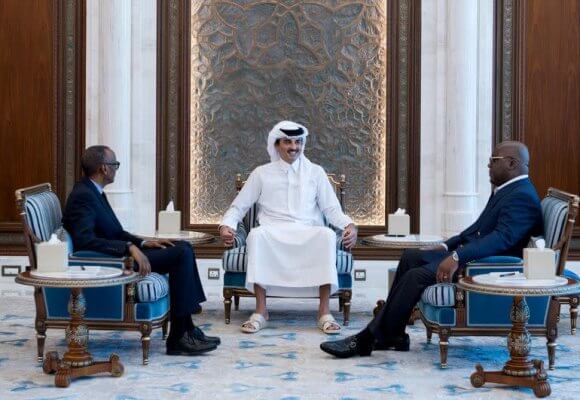
LEAVE A COMMENT
You must be logged in to post a comment.